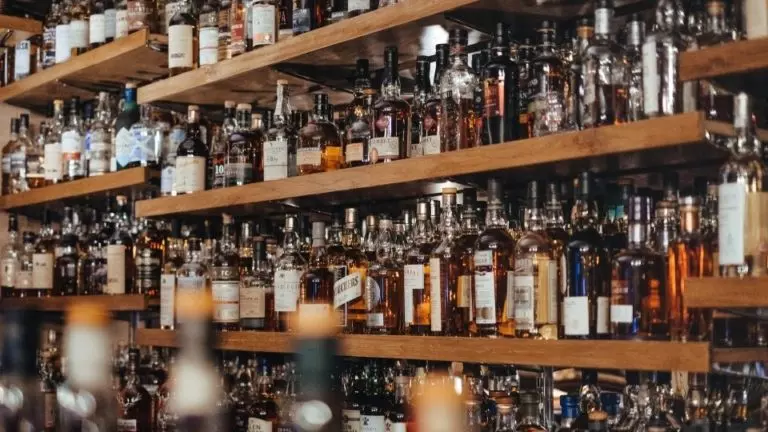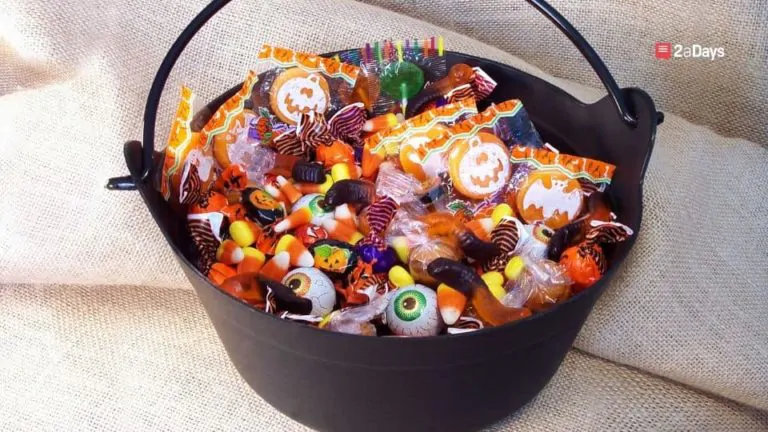Did you know that alcohol is considered a macronutrient that can be tracked as part of your daily caloric intake? It can be tracked as a carbohydrate, a fat, or both. In this article, we won't be deep-diving into the nutritional facts like we did for the other macronutrients (fat, carbohydrates, and protein) because in actuality, while alcohol is a macronutrient, it provides no nutritional value.
So why are we discussing it as part of our nutrition series? Because many student-athletes consume alcohol, but few know how detrimental it can be to their performance, even days after they've had that one drink.
Related: Nutrition for Athletes: Overview
Understanding Alcohol
Let's look at alcohol in its basic form. Alcohol is a nonessential macronutrient as it provides energy to the body (7 calories per gram) but offers no nutritional value. When consumed, instead of being converted into glycogen (a stored form of carbohydrate), it is converted into a stored fatty acid. For an athlete to perform at their peak, glycogen would be the preferred energy source.
Alcohol in its truest form is a psychoactive drug found in drinks such as beer, wine, and hard liquors. Yes, that's right, alcohol is technically a drug because it is highly addictive. A legal one at that (if you are of drinking age). But, it is important to note that just because it is legal does not mean it is good for you. In fact, alcohol is actually toxic because it causes your body to stop all fat-burning functions and focus on getting the alcohol out of its system.
Why are we having this conversation? As student-athletes, it is essential to be aware of what you put into your body and the effect it has on you.
Side Effects
When consumed in small amounts, alcohol can induce happiness and euphoria due to an increase of dopamine. It also can lower anxiety and increase sociability. However, these “good” feelings are only temporary because the more you drink, the harsher the effects. Along the way, you will experience sedation, as well as impaired cognitive, memory, motor, and sensory functions because your Central Nervous System is depressed by slowing the neuron-to-neuron messages that control reaction times, speech, and coordination.
Related: Recruiting Horror Stories by 2aDays™ | I Should have Borrowed My Hosts Clothes
Depletion of Energy
Alcohol is not something you consume for increased energy, even though it does contain 7 calories per gram. Rather, those 7 calories are essentially unusable because when you consume alcohol, you are causing a depletion of energy. Alcohol causes a disruption in the water balance of muscle cells, which inhibits the body's ability to produce ATP, an important energy source for muscles. All of these processes disrupt your sleep, leaving you with less energy than you had before drinking. The result? A loss of endurance and increased fatigue.
Inhibits Nutrient Absorption
Consuming alcohol inhibits the body from absorbing essential nutrients like thiamin (helps metabolize macronutrients and form hemoglobin), Vitamin B12 (maintains red blood cells), folic acid (helps form new cells), and Zinc (aids in energy metabolic processes).
Related: Fueling Your Body for Performance
Effect on Memory and Learning
Just think about the times you are sitting in practice, going over plays, or watching film. You need to retain all that information, right? Well, when you have alcohol in your system, your brain is not able to retain new information or form new memories. Forming new memories doesn't happen in a few minutes, but rather when you sleep. When you consume alcohol, you will disrupt your sleep cycle, thus limiting the new memories you can form.
Slow Reaction Time
Oh, and as an athlete you need to be quick on your feet! Not if you are consuming alcohol; even small amounts will cause a decrease in hand-eye-coordination. Slow reactions equal a heightened risk of career-ending injuries are a messed-up play.
Related: Athletic Trainer Leah Schoen, on the Most Common College Soccer Injuries
Prevents Muscle Recovery and Growth
As an athlete, muscle recovery and muscle growth are necessary. Consuming alcohol after a strenuous workout or practice will cancel out any gains you could have made as your body is now focusing on clearing out the toxin instead of beginning the recovery process. It will also limit protein synthesis, another process necessary for muscle growth. Drinking alcohol before practice or a training session increases the risk of injury as you are inhibited in your reflexes and how your muscles utilize protein synthesis to help muscles grow.
For your muscles to grow, they need to repair themselves. This process occurs heavily during sleep. So, by disrupting your sleep cycle, you're not only preventing memory formation, but muscle recovery as well. Alcohol also causes a decrease in human growth hormones (HGH) by almost 70%. HGH is what helps your muscles grow and recover when sleeping.
Related: Why Athletes Need Protein: Muscle Repair and Growth
Dehydrates Your Body
Alcohol is a powerful diuretic, meaning it promotes water loss from your blood through urine. As an athlete, you need to be hydrated and have a balanced level of electrolytes to function at peak performance. Alcohol causes the opposite. By releasing more fluids, the body's electrolytes become imbalanced. This causes even more problems with muscle growth and recovery. You are also at higher risk for muscle cramps, strains, and pulls.
Related: Importance of Hydration for Student Athletes
Alcohol is a socially acceptable form of celebration and socialization, and it has been found that student-athletes are more likely to binge drink than non-athletes. As student-athletes, there are plenty of occasions to celebrate, but that does not mean you should drink in excess. Alcohol is a hindrance to peak performance, a thought that should not be taken lightly. But, it is also important to note that having a drink here and there is not a bad thing. There are positive effects with alcohol consumption such as the occasional glass of red wine causing an increase in high-density lipoprotein (HDL) cholesterol (the “good” cholesterol) and momentary mood boosts, but only when consumed responsibly and in small amounts.
At the end of the day, it is your choice whether to have a drink. If you do, do so legally and responsibly!
Have an idea for a story or a question you need answered? Email us at [email protected]
* Originally published on February 23, 2022, by Rebecca Lutz







